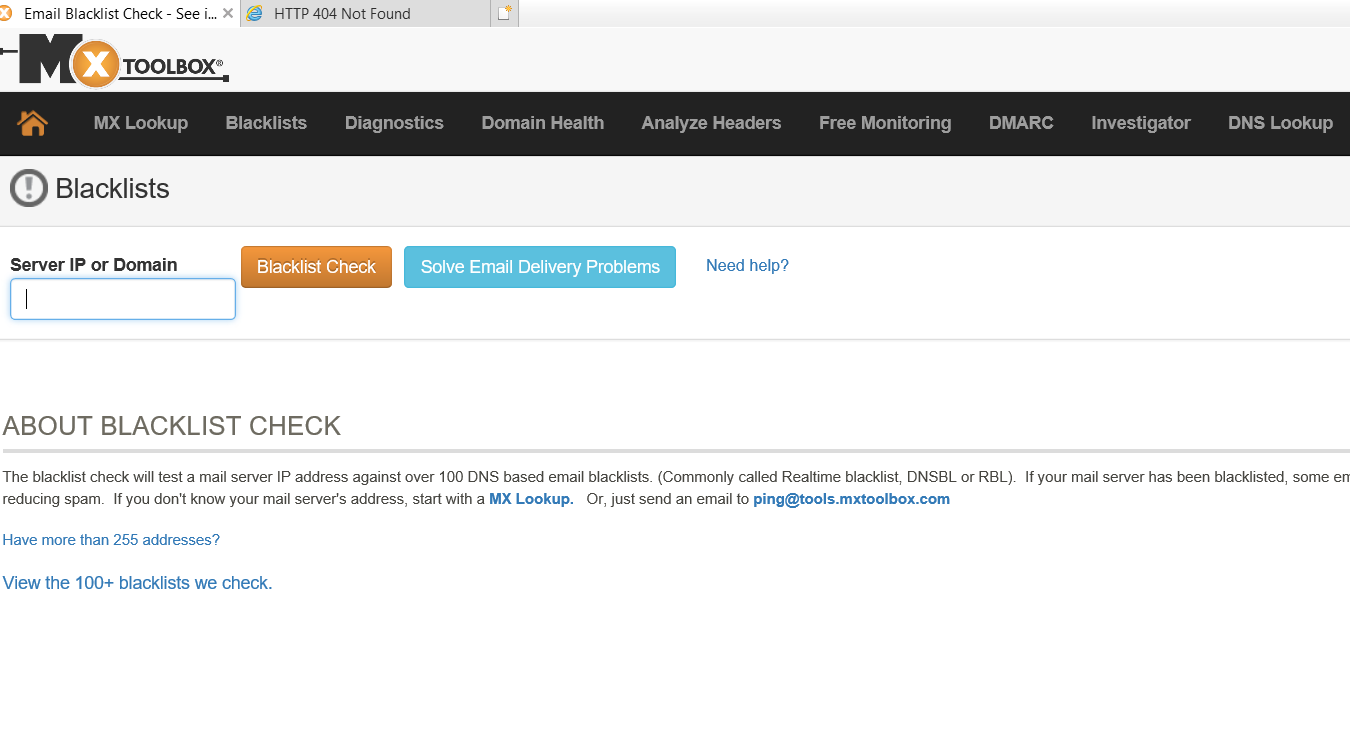(Thus every email is sent from an IP address.) An IP address reflects the reputation of the sender, which is based on several factors. Most companies utilize an email service provider to send marketing emails. ESPs use one of two types of IP addresses: Shared IP. More than one company or brand is sending emails from the same IP address. ISPs gauge the volume of email an IP is sending as a factor in determining reputation. Dedicated IPs allow those brands to control their own IP reputation without worrying about other senders. If an individual repeatedly deletes your email without opening, that may cause an ISP to filter emails into a subfolder. Excessive complaints and unsubscribes could cause that ISP from accepting any mail from your company. Subject Lines and Content Email subject lines and body content can trip spam filters and thus impact deliverability.
Getting an email to an inbox is not always easy. Many factors determine whether an email is delivered, blocked, or even filtered into a subfolder. In this post, I’ll explore four key factors that determine email deliverability.
IP Addresses
The Internet Protocol address is a numerical identifier of the sender’s server. All devices connected to a computer network have an IP address. (Thus every email is sent from an IP address.)
An IP address reflects the reputation of the sender, which is based on several factors.
- Send volume. The number of emails sent.
- Send frequency. The number of campaigns that are deployed per week or month.
- User interaction. Individuals who open and click — and complain or unsubscribe.
IP reputation impacts how an Internet service provider will treat an email. You can easily check the IP reputation on free services such as Sender Score from Return Path, the email deliverability service.
Most companies utilize an email service provider to send marketing emails. ESPs use one of two types of IP addresses:
- Shared IP. More than one company or brand is sending emails from the same IP address.
- Dedicated IP. The company or brand has its own unique IP address. It is not shared with other companies.
There are reasons for having either a shared or dedicated IP. Smaller companies that send a relatively limited amount of email can benefit from the pooling volume (with other senders) of a shared IP. ISPs gauge the volume of email an IP is sending as a factor in determining reputation. Too little volume will not register. For low-volume senders, a shared…

COMMENTS